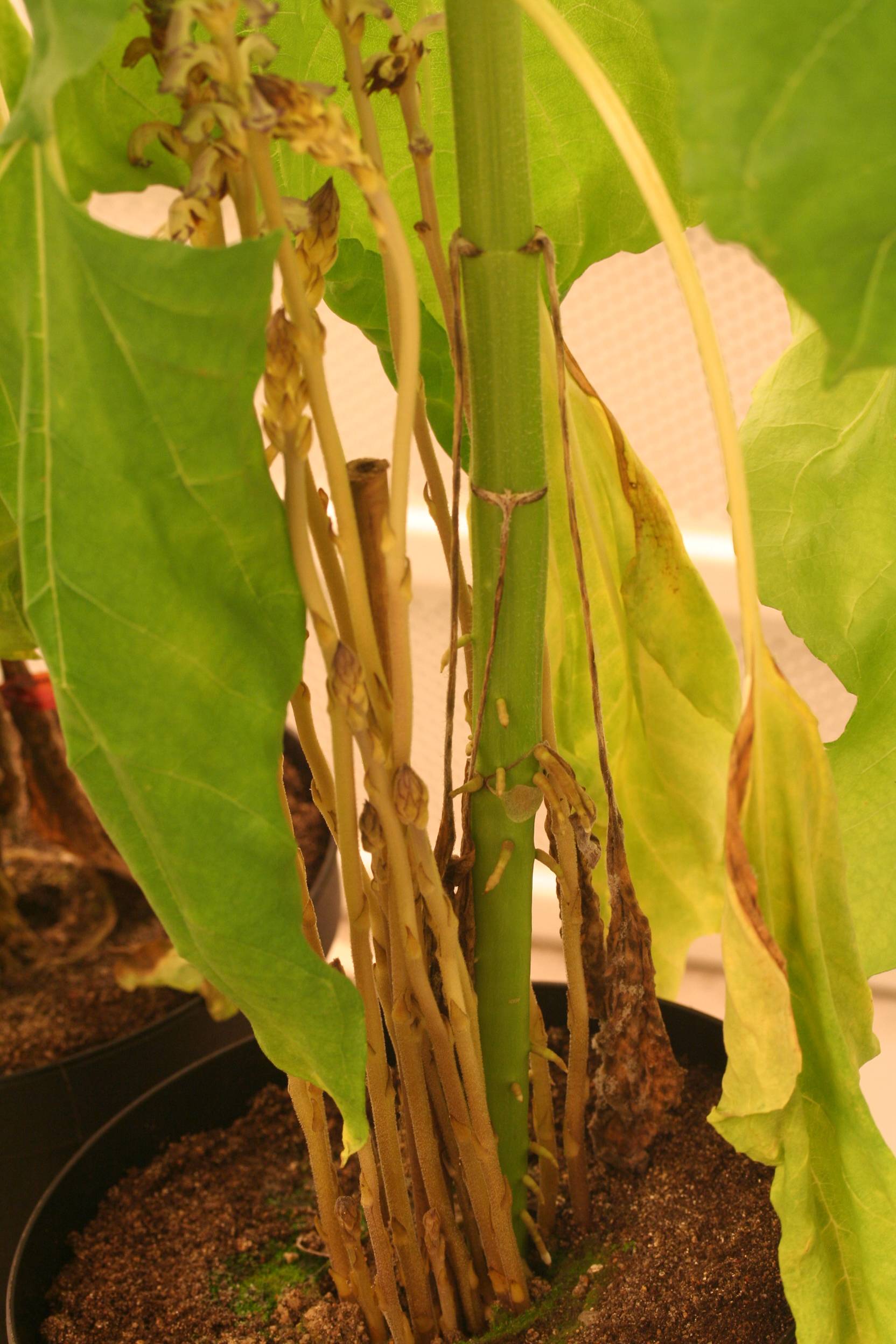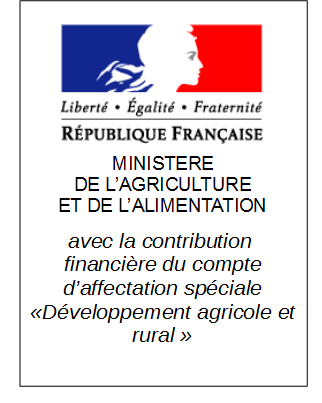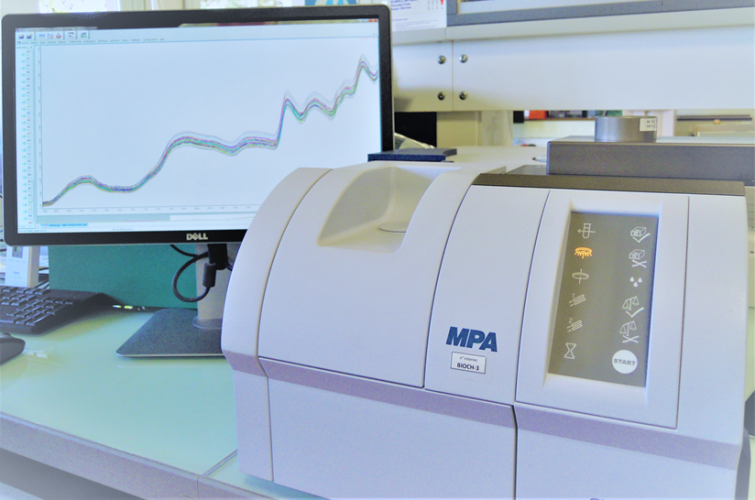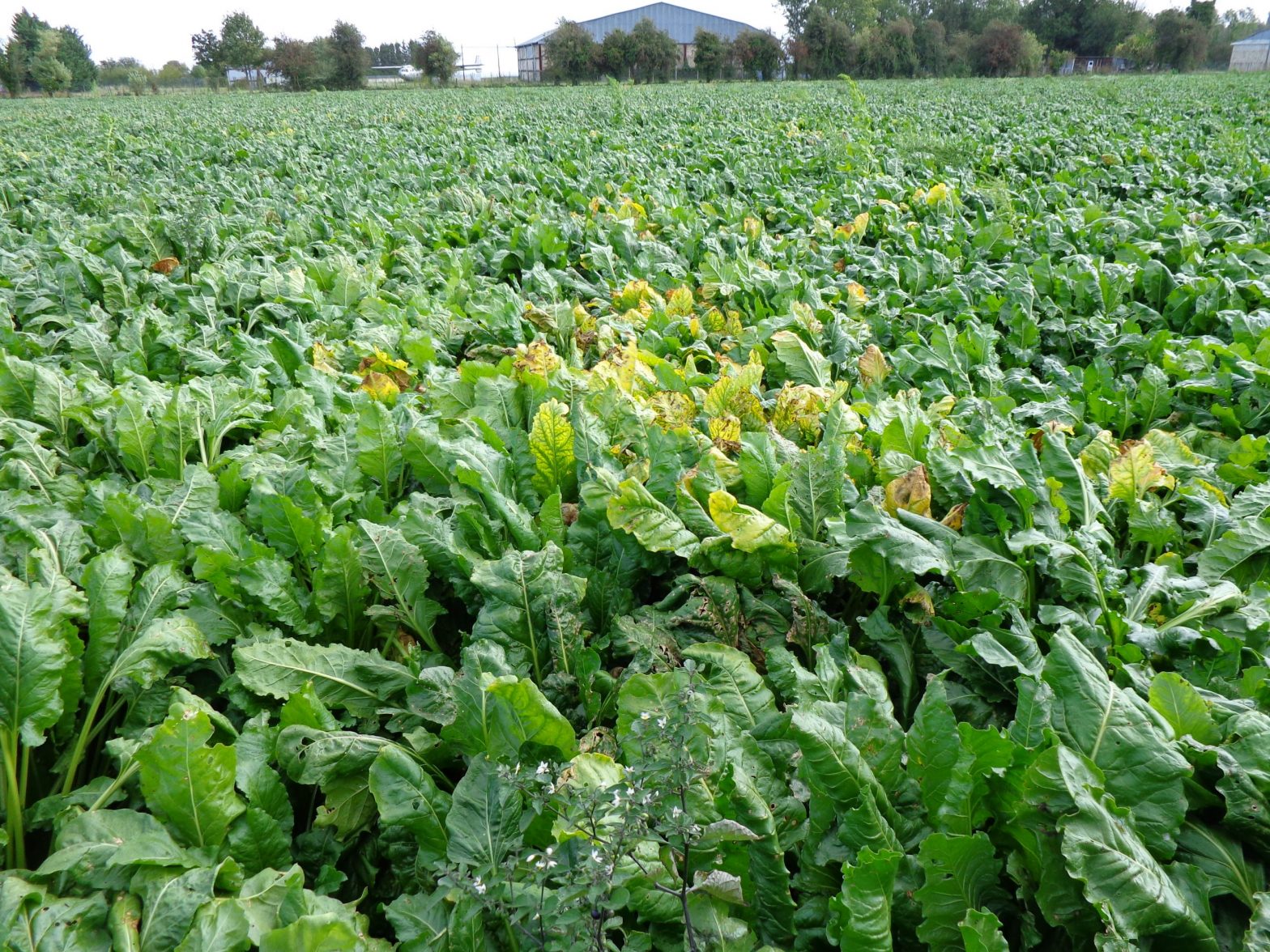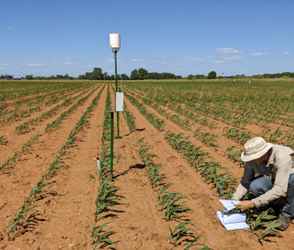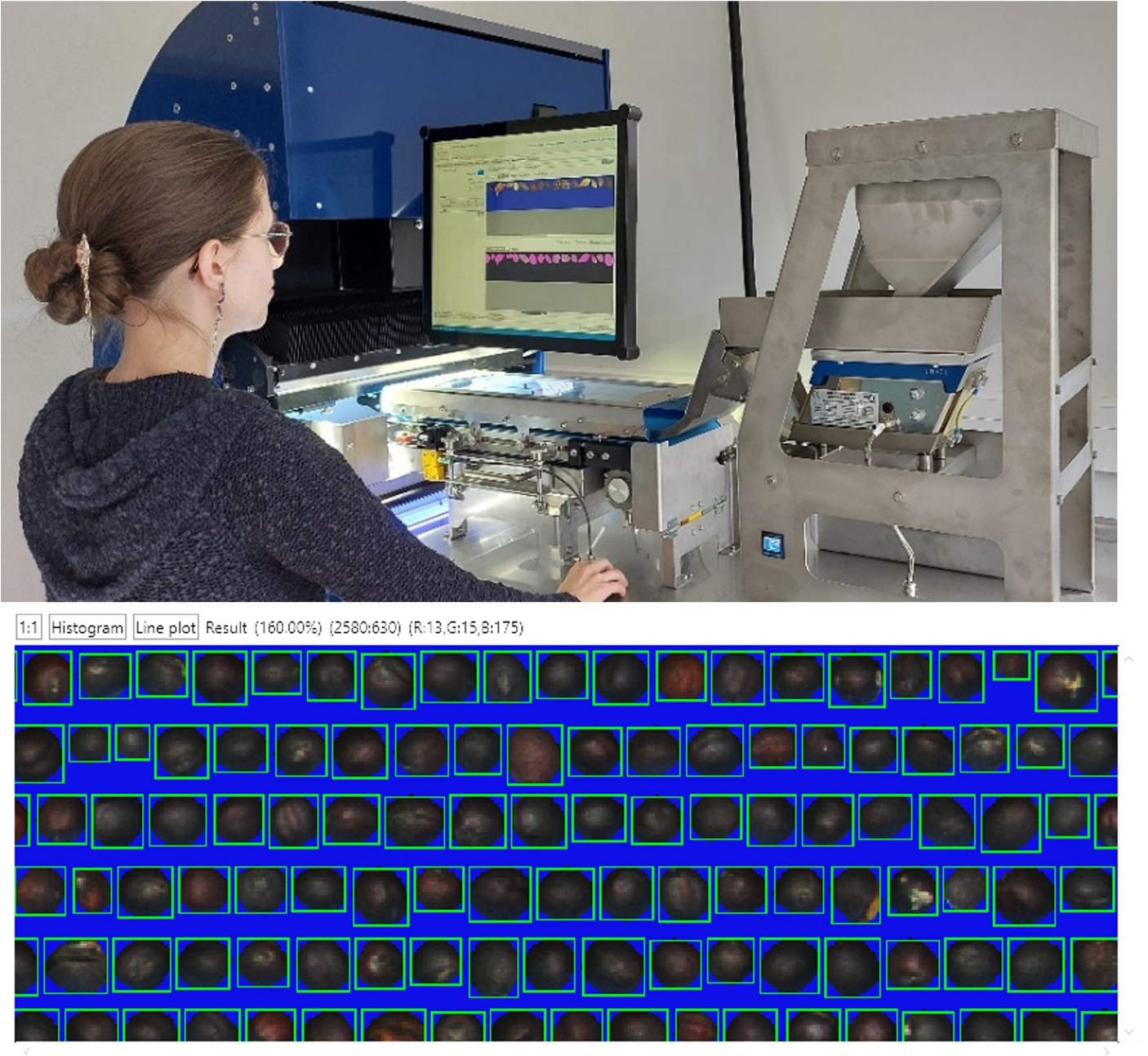Seed quality testing
GEVES carries out research activities aiming to improve seed testing with regard to physical purity, germination, and health. These activities draw on the expertise of GEVES agents in the domains of seed biology, physiology, phenotyping, pathology, and molecular biology, with a view to achieving a more detailed characterisation of seed quality.
GEVES carries out research activities aiming to improve seed testing with regard to physical purity, germination, and health.
Research activities relating to seed health are focused on:
- methods for detecting and quantifying pests and pathogens.
- developing multi-target detection methods for pathogens using molecular biology.
- determining damage thresholds and detection thresholds (method sensitivity) using applied epidemiology.
- assessing viability of pests, pathogens, and micro-organisms.
- epidemiological monitoring of variety trials by characterising pests and pathogens present in the region and trials.
- studying the relationship between seed health and germination.
- assessing the efficacy of seed treatment products (biological or chemical) applied directly on seed.
Research projects relating to physical and physiological seed quality are focused on:
- developing methods for evaluating germination and emergence in extreme conditions (development of physiological quality markers).
- developing automated phenotyping methods for evaluating germination, emergence, and viability of seed lots and varieties.
- developing automated and innovative phenotyping methods and tools for high-throughput evaluation of dry seed, including treated and coated seed (hyperspectral camera, tomography, etc.).
- seed storability (new pathogens, persistent insects, water content and activity) using x-ray imaging, thermography and longevity tests.
Examples of research projects
Below are some examples of GEVES’s research projects and partnerships relating to seed quality testing:
AKER: Innovation for a sustainable sugar beet sector in France: reinvesting in sugar beet’s allelic variability by developing new tools and breeding strategies.
The AKER project is funded by the ANR through the French “Investments for the Future” programme. The project offers ground-breaking methodological developments aiming to reduce the time needed for plant breeding by studying and evaluating genetic diversity using high through-put genotyping and phenotyping.
The methodological developments led by GEVES aim to identify which parameters are the most relevant for characterising seed quality and predicting variety behaviour in the field. These developments include using automated high-throughput data processing in order to phenotype 3000 genotypes before the end of the project.
In particular, GEVES works on phenotyping the internal structure of beet seed with the Phenosem platform, using tomography techniques and developing automated methods for phenotyping seed germination (germination banks, automated Eloncam system for monitoring seedling growth).

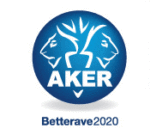

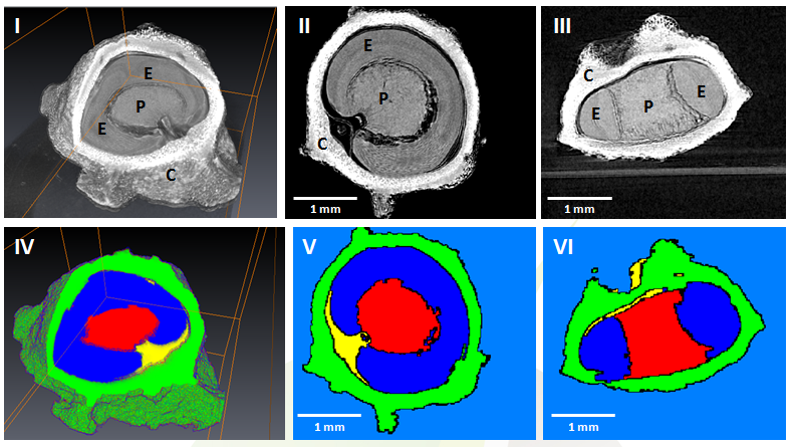
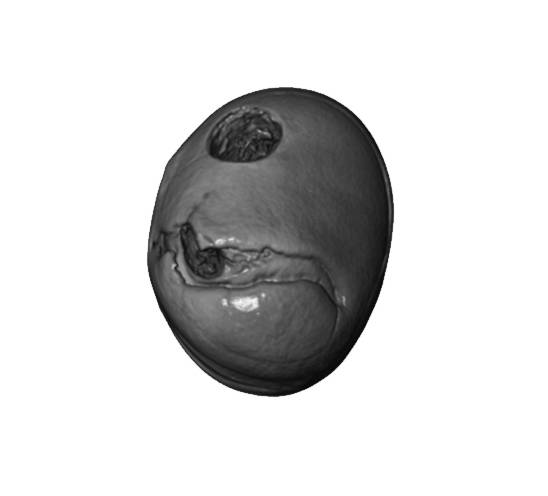
Peamust: Pea MUlti-STress adaptation and biological regulations for yield improvement and stability of protein peas
The Peamust project is funded by the ANR through the French “Investments for the Future” programme. It aims to develop innovative solutions in genomic selection, providing new tools and results. This includes:
- cloning resistance genes,
- improving understanding the impact of interactions between plant architecture and associated symbiotic organisms on stress tolerance,
- identifying genomic regions linked to yield stability.
For this project, GEVES works on validating QTL for weevil tolerance via phenotyping, using tomography imaging of weevil-damaged pea seeds from the Phenosem platform. GEVES also specialises in testing new varieties and types of pea for yield and stress resistance.

![]()
REGATE: Genetic diversity of populations and varieties of perennial rye-grass and tall fescue for their Germinative Response to Temperature: Implications for the management and development of genetic resources, plant breeding, and market competitiveness.
The main objective of the Regate project, a CASDAR-funded programme, is to improve knowledge on the responses of forage and grass species to temperature during germination. This information would be used to improve genetic resources management, guide plant breeding, and enhancing competitiveness on the market for plant breeders in the context of global climate change.
GEVES has conducted trials aiming to develop a sensitivity test for turf grass populations at high temperatures by monitoring kinetic germination in controlled conditions with the Phenosem platform.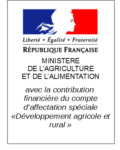
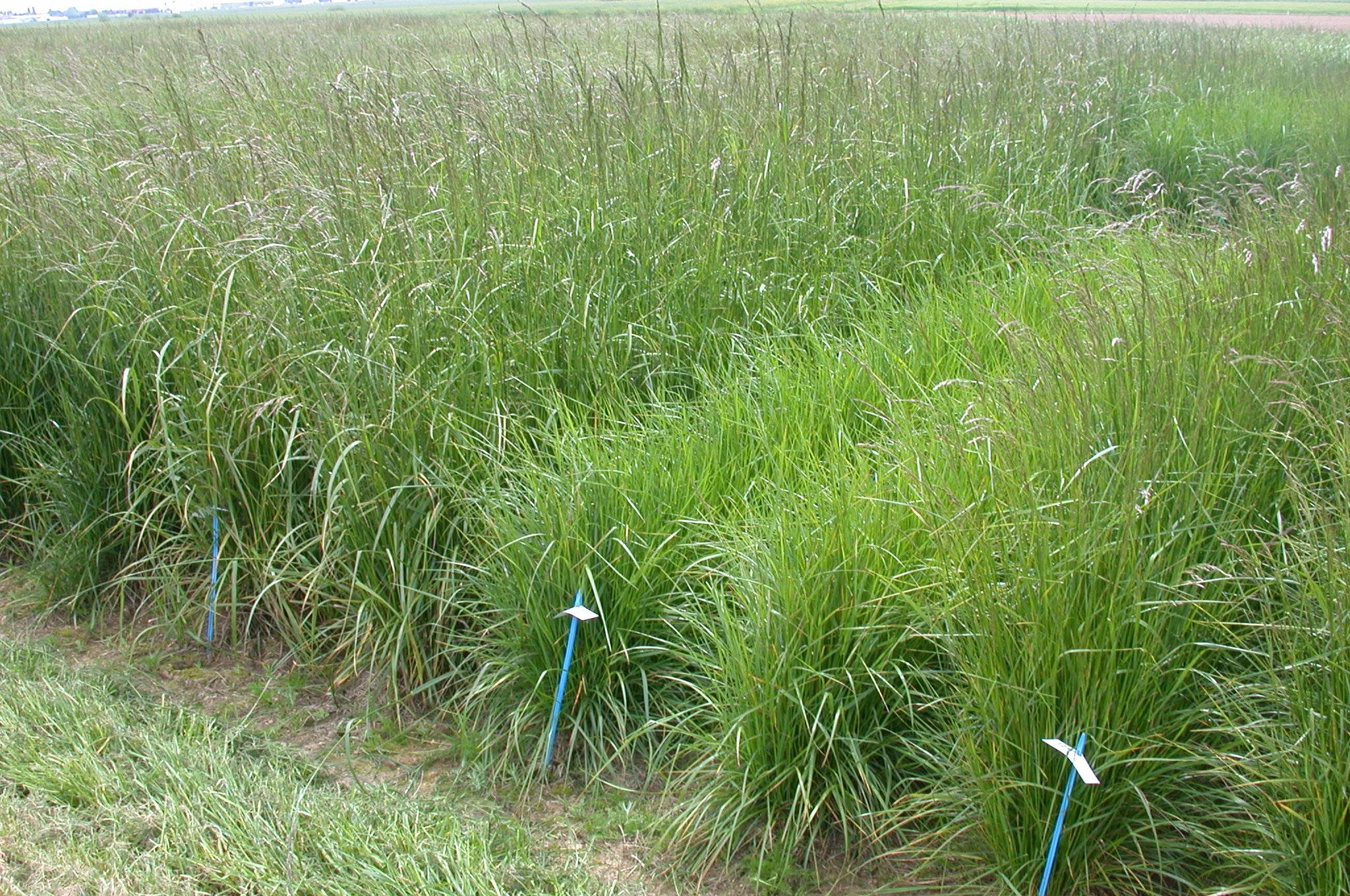
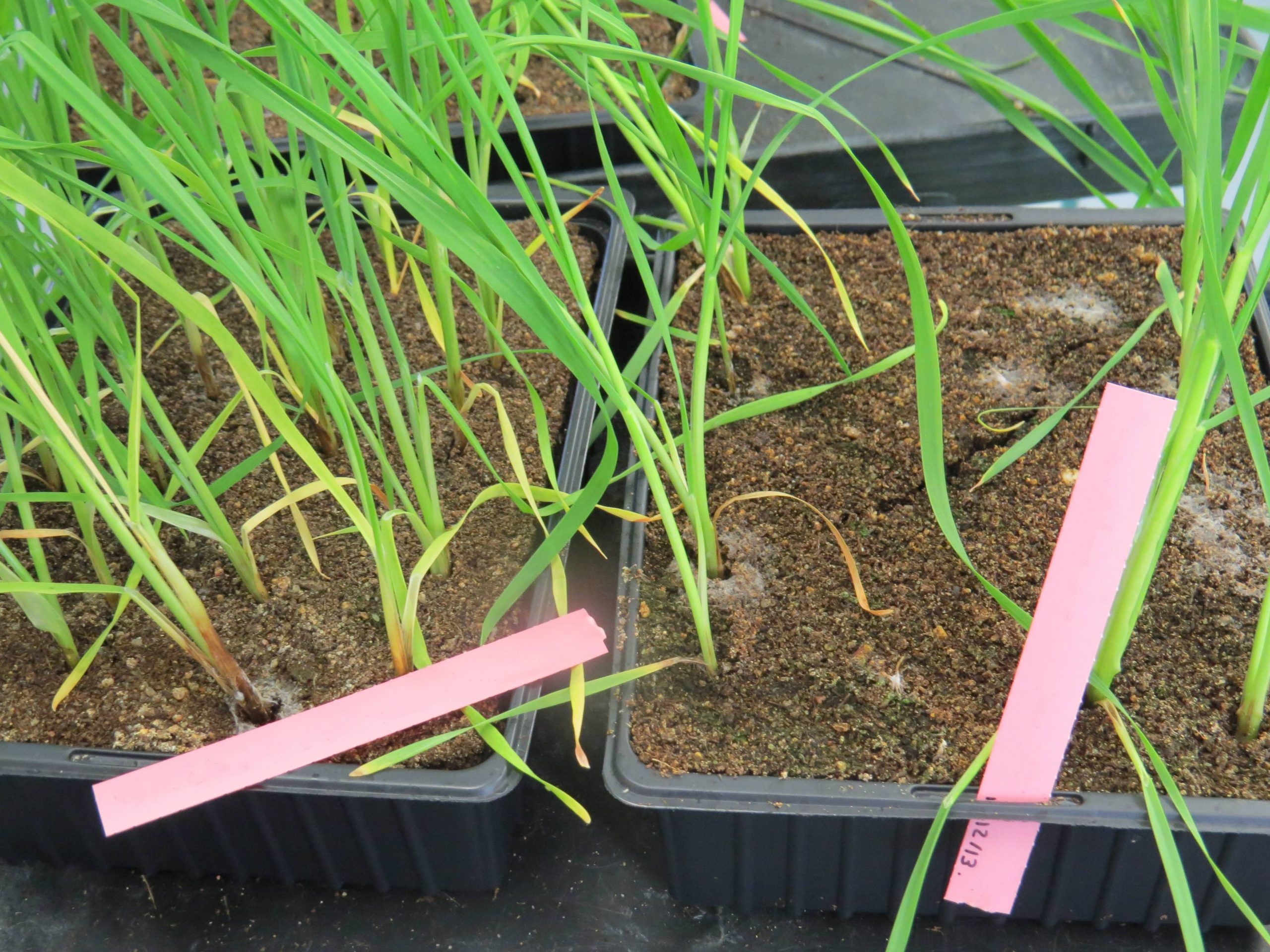
Aseeds: Alternative products for seed protection and stimulation
The aim of Aseeds, a EUI-funded project, is to characterise and identify innovative seed treatments for wheat and maize to optimise their growth. Aseeds is centred on development and evaluation – in the lab and then in real conditions of use – of solutions for improving the growth and early development of these two crops. Piloted by Limagrain, the project combines 5 other private companies, 2 technical centres and 4 research teams including GEVES. In this project, GEVES evaluates the effect of alternative seed treatments on their sanitary and germination capacities.
Dityluz: Acquisition of methodological tools for the detection and qualification of the stem nematode, Ditylenchus dipsaci, on lucerne seeds
The Ditylutz project was launched in 2016. It is supported by the Ecophyto programme, in connection with the French National Office for Water and Aquatic Environments (ONEMA).
This two-year project aims to improve the reliability of D. dipsaci detection by adapting the protocol for factory sampling (sampling method, sample size), and to provide seed producers with the resources for rapid detection of nematodes in seed lots and differentiation between living and dead nematodes.
At the end of the project, the results will be published on the GEVES website and made freely available to all companies with activities in the agricultural and forestry sectors and subsectors. These results will provide seed producers and the Official Service for Seed Control (France) with new and sustainable control methods, with a view toward downgrading the parasite as a quality pest.
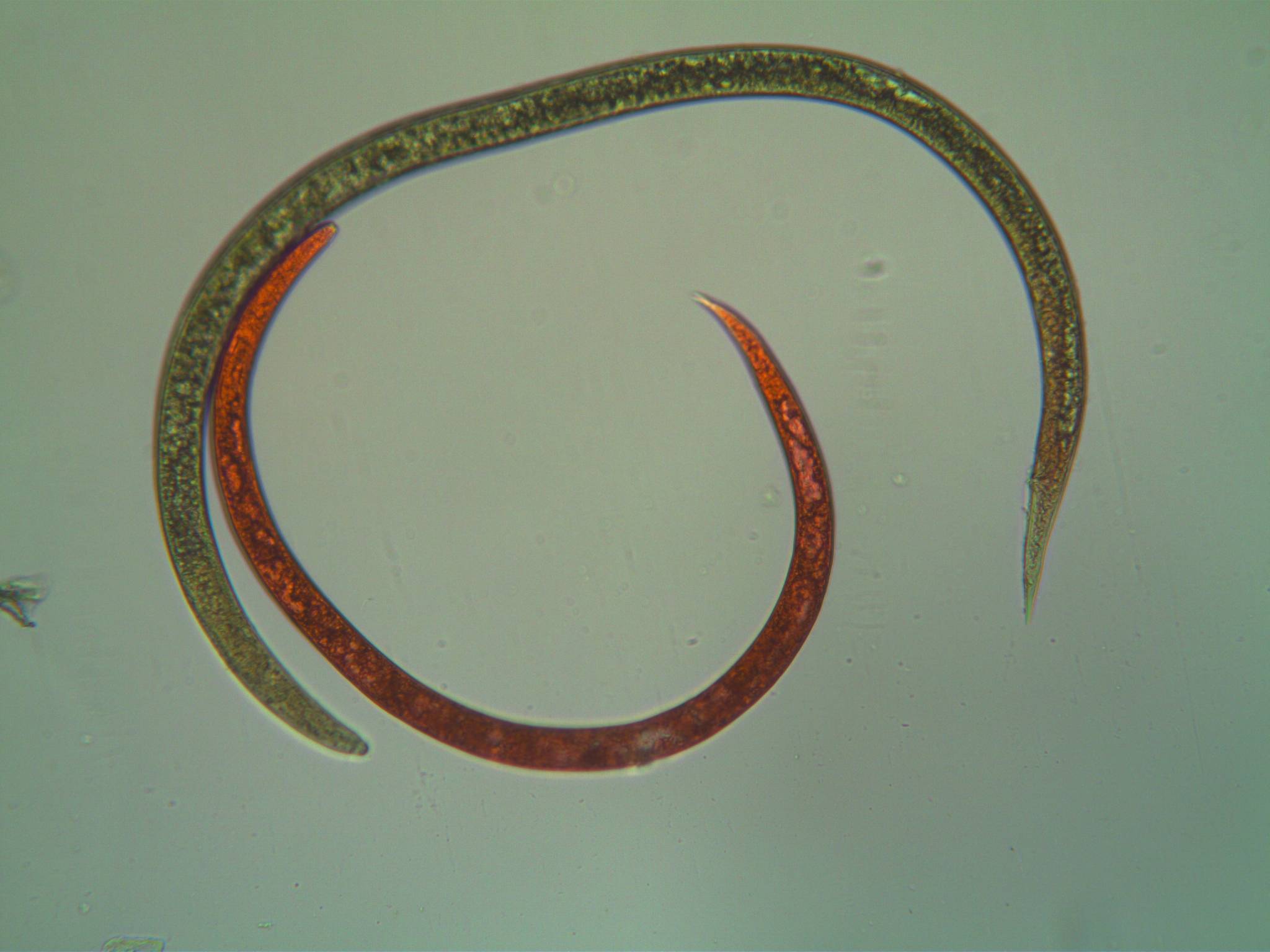
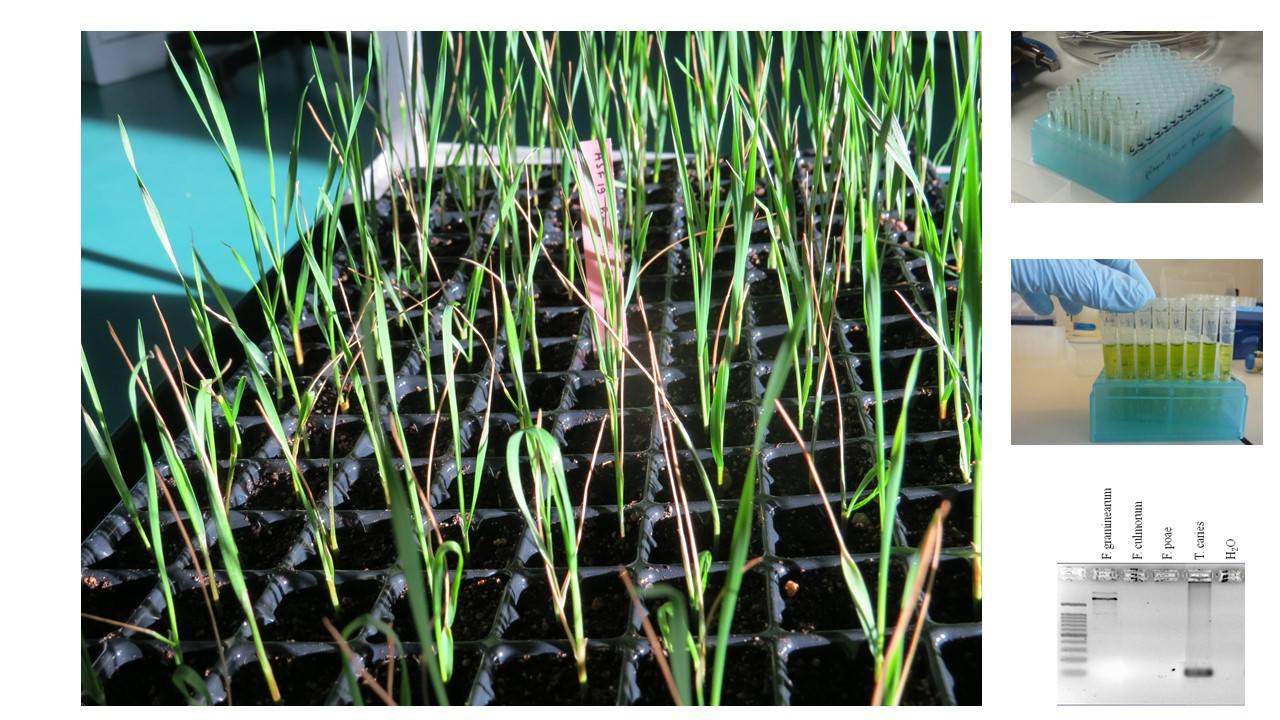
TESTA : Seed Health - development of seed treatment methods, evidence for seed transmission and assesment of seed health
The TESTA project was designed to develop and validate faster, more generic and more accurate methods for assessing seed health. The project has helped to better understand the mechanisms of seed transmission of pathogens (bacteria, fungi, viroids, for various agricultural and vegetable species), improve sampling and pathogen detection methods, and assess the efficacy of alternative seed treatments. This international Plant-KBBE project involved 13 partners over 3 years, including PRI (Wageningen), INRAE (Angers-Nantes), GEVES, NAKT, NIAB, SASA and Videometer.
GEVES’s activities were focused on:
- studying the transmission of wheat bunt, from the seed to the seedling to the soil
- assessing the efficacy of thermotherapy for disinfecting alfalfa seed from the Ditylenchus nematode.
- validating detection methods for Ditylenchus, Clavibacter and Phoma (in collaboration with NIAB, NAKT, and SASA).
- diffusing results by organising a workshop in 2015, and participating in international conventions.
Specific features of sunflower/orobanche interaction: development of an identification tool and resistance test
This project is coordinated by GEVES in collaboration with the Plant Biology and Pathology Laboratory of the University of Nantes, CETIOM, and Syngenta. It is funded by the CASDAR programme. The project aimed to develop a molecular test for identifying the six main species of orobanche parasites that specifically infect sunflower crops, and a standardised and accelerated procedure for assessing the resistance of sunflower varieties to orobanche.
For this first objective, GEVES assembled a collection of subjects representing the diversity of the six species in question, as well as a number of related species.
Molecular markers were identified on the plastid genome. A molecular tool based on the selected markers was developed and validated based on the collection.
For the second project objective, the project partners carried out the significant task of pooling their resources in order to establish a uniform protocol for assessing variety resistance in sunflowers. Co-culture trials were conducted, as well as germination tests on orobanche seeds. Further testing is needed in controlled conditions in order to develop a standardised test for assessing sunflower resistance to O. cumana.
Publications linked to this project featured in international peer-reviewed journals:
- Rolland M., Dupuy A., Pelleray A. and Delavault P., 2016. Molecular Identification of Broomrape Species from a Single Seed by High Resolution Melting Analysis. Plant Sci. 7:1838. DOI: 10.3389/fpls.2016.01838
